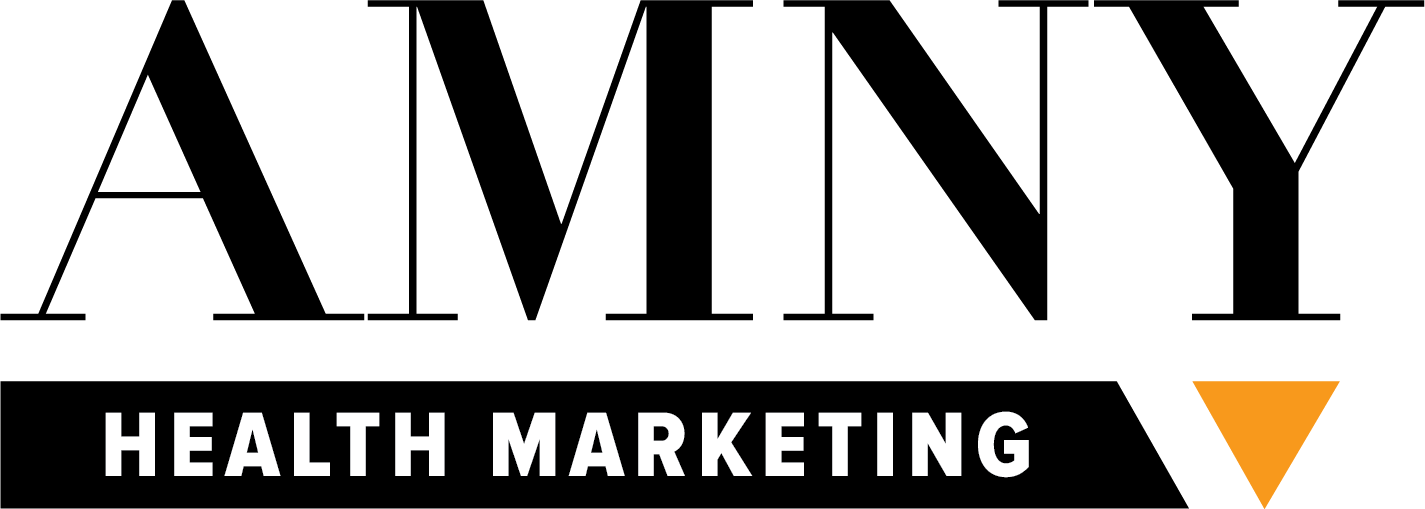Navigating the Digital Landscape: Unraveling Healthcare Marketing
By: Julie Perkins
In today’s interconnected world, digital media platforms have become the heartbeat of communication. From social media to health-related websites, people spend a significant portion of their day online. For healthcare marketers, understanding these media habits is not just a luxury—it’s a necessity.
- The Digital Shift
Gone are the days when patients solely relied on doctors’ recommendations. Now, they turn to Google for symptoms, self-diagnosis, and treatment options. As healthcare providers, we must recognize this shift and adapt our marketing strategies accordingly.
- The Power of Social Media
Social media platforms—Facebook, Twitter, Instagram, and LinkedIn—offer unparalleled reach. Patients share their experiences, seek advice, and even review healthcare services. By engaging with patients on these platforms, healthcare marketers can build trust and foster relationships.
- Data-Driven Insights
Digital media provides a treasure trove of data. We can track user behavior, preferences, and engagement levels. Armed with this information, we can tailor our marketing efforts. For instance, if we notice that a specific age group spends more time on health forums, we can target them with relevant content.
- Mobile Dominance
Mobile devices are ubiquitous. Patients research symptoms, read health articles, and book appointments—all from their smartphones. Healthcare marketers must optimize their content for mobile consumption. A responsive website and mobile-friendly emails are non-negotiable.
- Content Is King
Quality content is the cornerstone of successful healthcare marketing. Whether it’s blog posts, videos, or infographics, informative content establishes authority and educates patients. Regularly publishing relevant material keeps your brand top-of-mind.
- Building Trust
Patients are cautious about health-related information online. Misinformation abounds, and trust is fragile. By providing accurate, evidence-based content, healthcare marketers can position themselves as reliable sources. Transparency and authenticity go a long way.
- Balancing Privacy and Personalization
While personalization enhances user experience, healthcare data is sensitive. Striking the right balance between personalized recommendations and patient privacy is crucial. Consent-based marketing ensures that patients feel respected and in control.
Understanding media habits and digital media consumption patterns is no longer optional—it’s a prerequisite for effective healthcare marketing. By leveraging these insights, we can create meaningful connections, empower patients, and ultimately improve healthcare outcomes.
Remember, in the digital realm, relevance and empathy win hearts. Let’s navigate this landscape with care, compassion, and a commitment to better health. Connect with our team at https://www.advancemediany.com/healthcare-marketing/ or jperkins@advancemediany.com.

